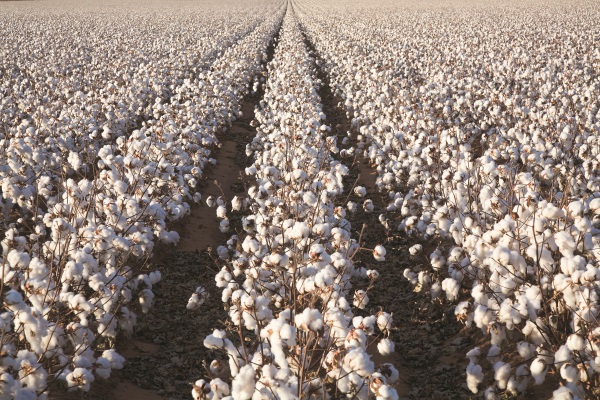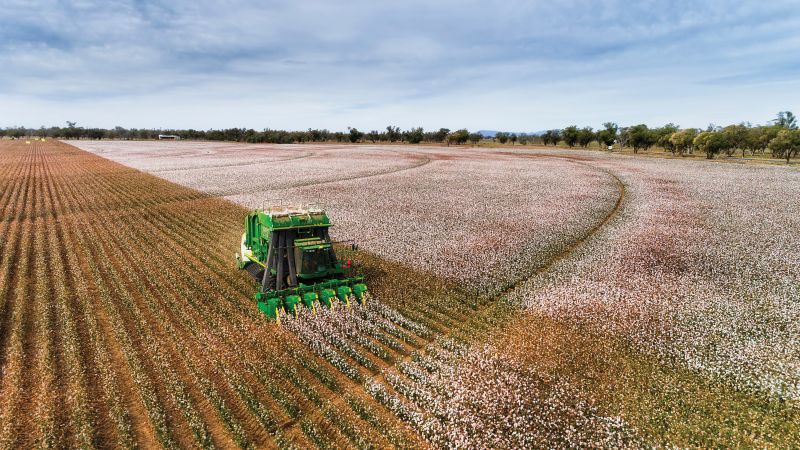Greek Economic Rescue Plan Could Impact Cotton Market
Special to Cotton International eNews
By Yiannis Papadogiannis (Hecot S.A., Greece)
For more than four months, Greece has been in the headlines in almost all international media. Our huge deficit and the possibility of defaulting as a nation has drawn concern from across Europe. Many analysts believe that Greece’s problems are just the beginning of a series of issues facing South Mediterranean countries.
Following this enormous exposure, it is important to provide a short update about the general economic outlook in Greece and examine the implications of the economic crisis on the cotton-ginning sector. It is also important to look at the latest news on the upcoming cotton crop for 2010-11.
General Economic Outlook and Rescue Plan
In the beginning of May, the European Central Bank (ECB) and the International Monetary Fund (IMF) agreed to provide a mechanism to Greece to deal with its huge debt. The Greek government activated this mechanism, borrowing a 110 billion-Euros ($136.4 billion U.S.) rescue package at a reasonable rate. This will be finalized provided that the Greek government agrees on several tough measures to lower our deficit.
The first measures have already been announced by the government. This set of reforms includes public sector wages and pension cut, increase of indirect taxes as well as VAT, and changes on labor laws making it easier for private sector companies to fire workers. In addition, leading European Union (EU) countries agreed to prepare an emergency fund of as much as 750 billion Euros to aid countries that are facing similar instabilities in an effort to protect the common currency.
The first installment of the “rescue amount” has already been received and, provided that the Greek government correctly implements all sets of reforms, both the IMF and EU will proceed on the next installments. If the reforms are not implemented, it is very likely that even harder measures will be applied in order to make our economy more competitive.
Cotton and Ginning Sector
During the economic crisis, Greek banks have faced substantial difficulties. Therefore, the activation of the mechanism is important. Greek banks holding significant amounts of Greek bonds had to face the possibility of Greece defaulting, which would affect not only their profitability but, in some cases, their survival. Following the IMF support, the banking system has calmed down and is now organizing its strategy for the next couple of years. According to IMF consultants, Greek banks seem to be strong enough to deal with the Greek economic problem, as they did during the 2008 global crisis when they were not involved in toxic bonds. It is likely that in the coming years we will see several joint ventures of banks aimed at less and stronger banking groups.
Consequently, it is true that banks will not be so “easy” with loans towards all clients. As a result, they will lower their credit to some ginning firms. However, the last two seasons have been rather profitable for ginners, which gives the sense that they are in good shape. Some of them are ready not only for the new Greek crop, but are also investigating the possibility of trading other crops.
In addition, Greece is now almost a net exporter of cotton and this is very beneficial for our balance of trade. Greece has typically been an importing country, but following these big crises, our country’s target is to increase exports as much as we can. Some of the tough measures, which are likely to be enacted in the private sector in the near future, will target lowering production cost in order for our products to be competitive in foreign markets. We should also bear in mind that the current U.S. dollar parity is in favor of ginners and, in general, Greek exports.
Regarding the future up to 2013, when the new Common Agricultural Policy (CAP) will be evaluated and negotiated, it is estimated that we will experience two to three good cotton seasons. During these years, ginners who are financially strong will expand and prevail over smaller ginners who depend too much on banks or cooperatives, which sometimes need the help of the state.









